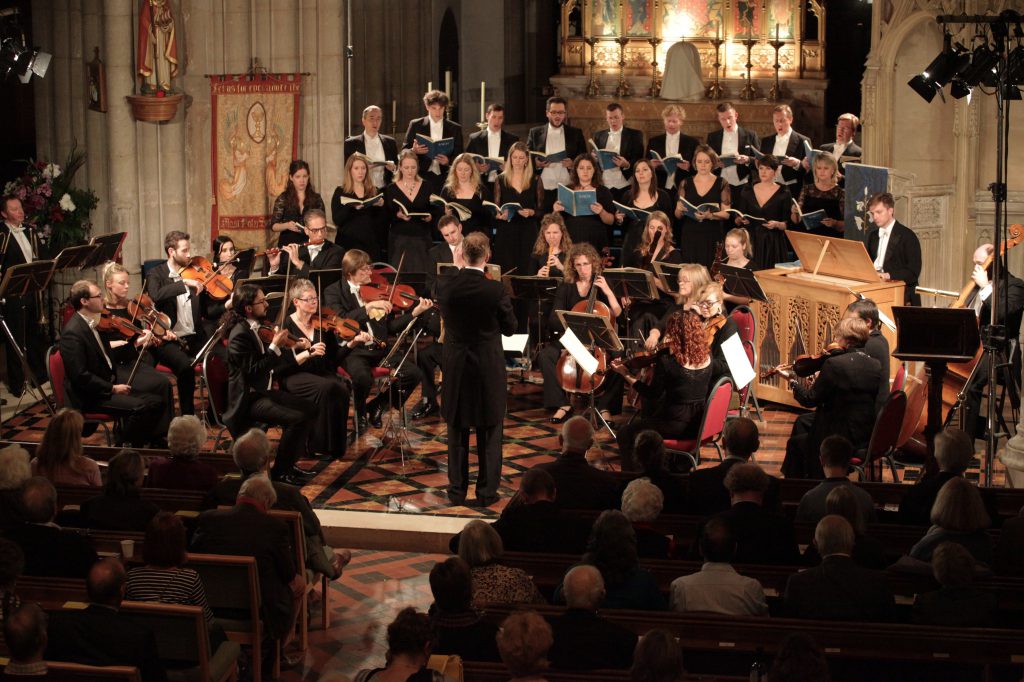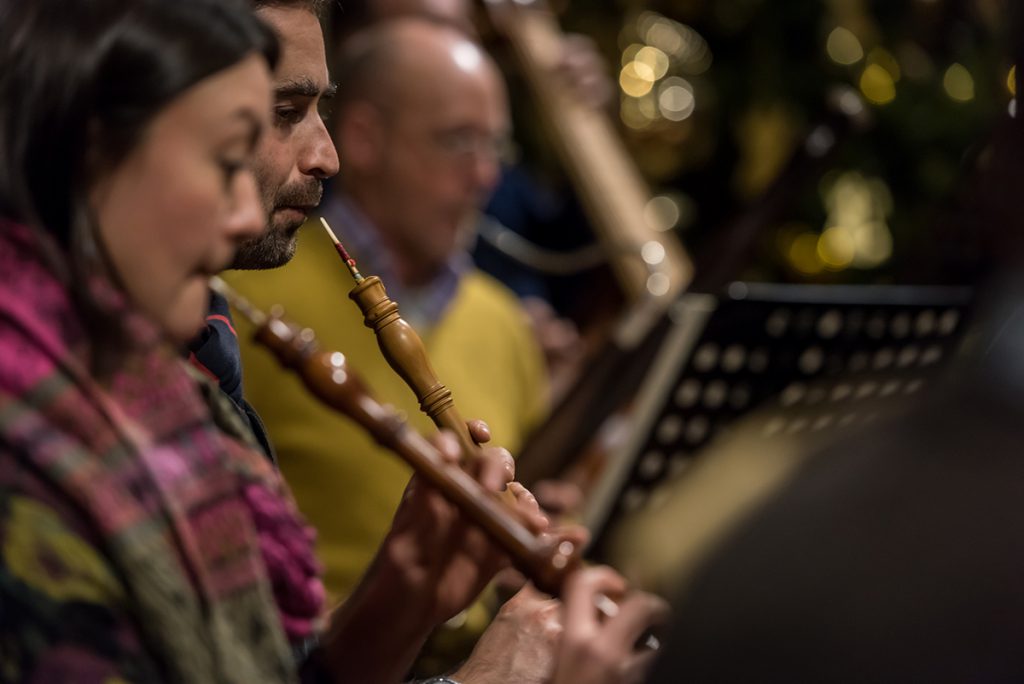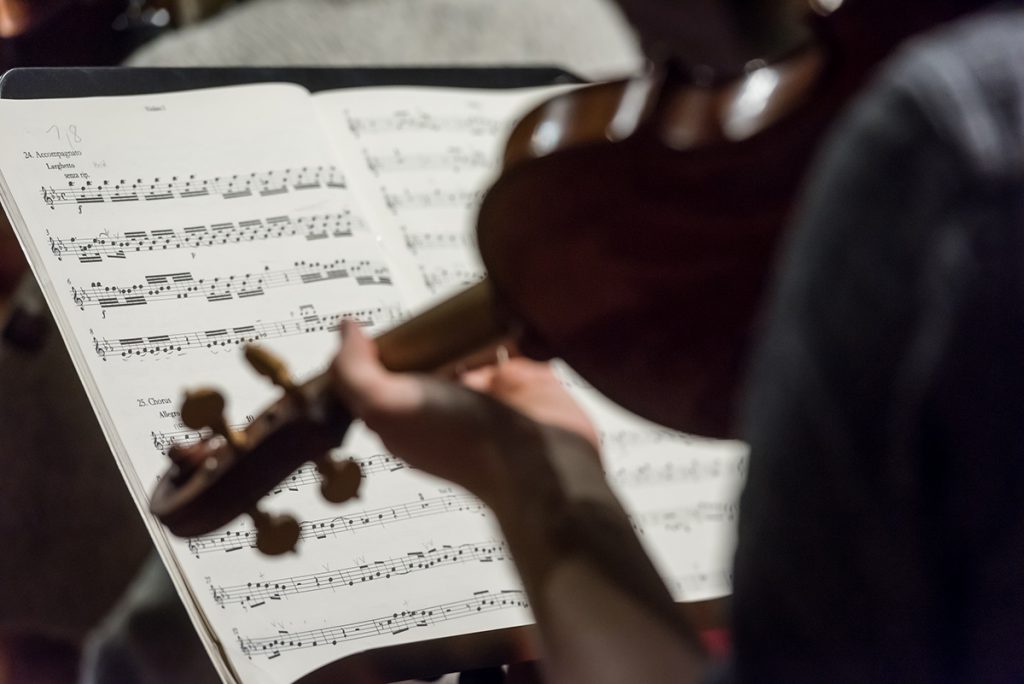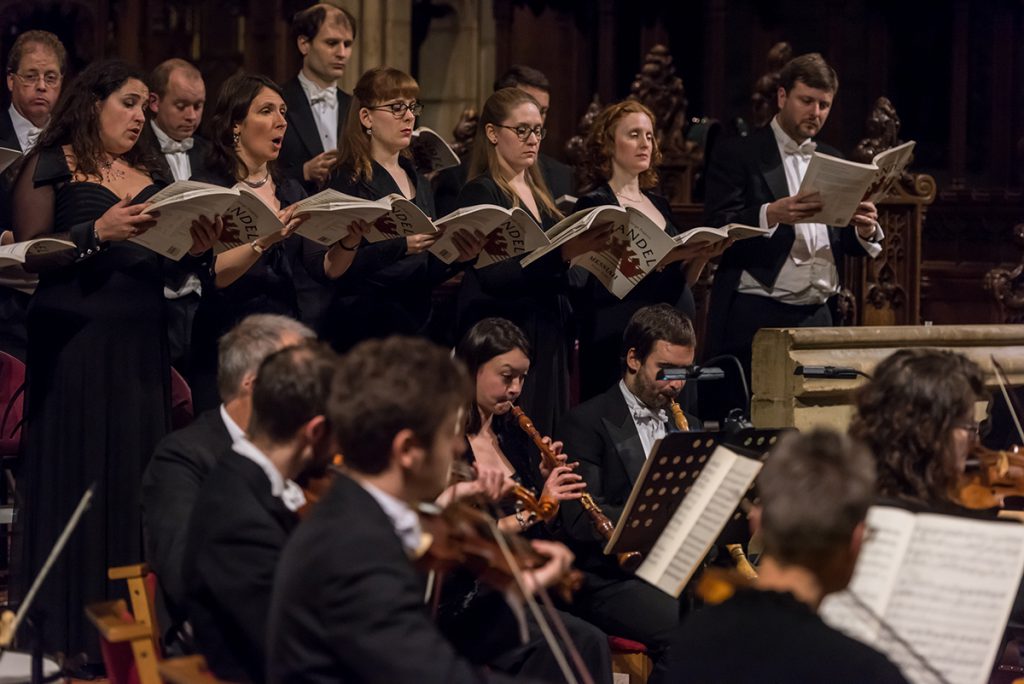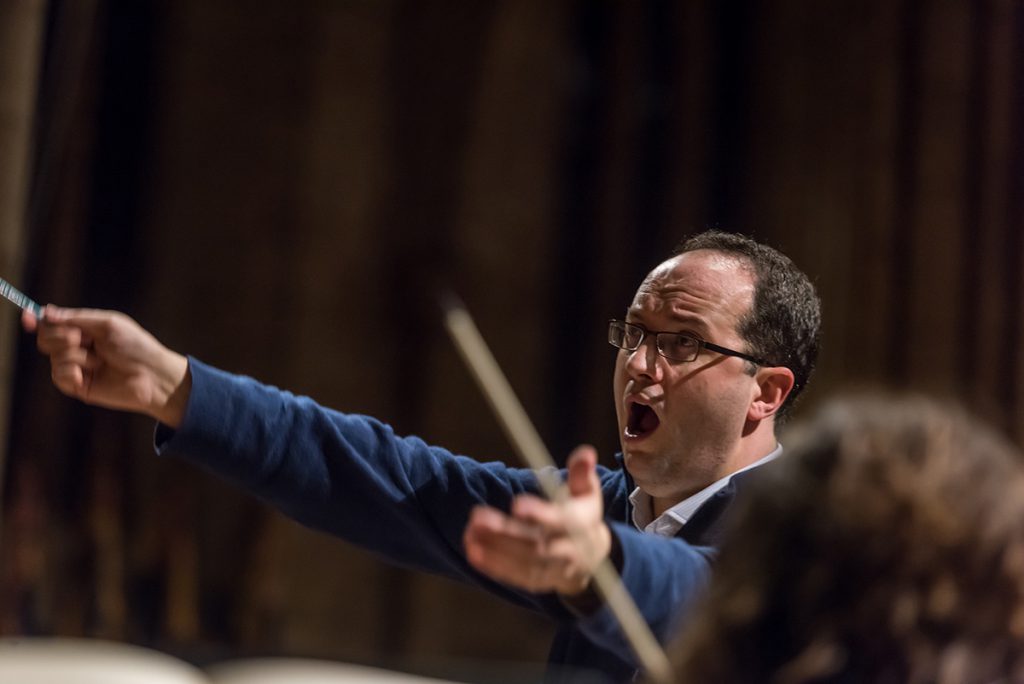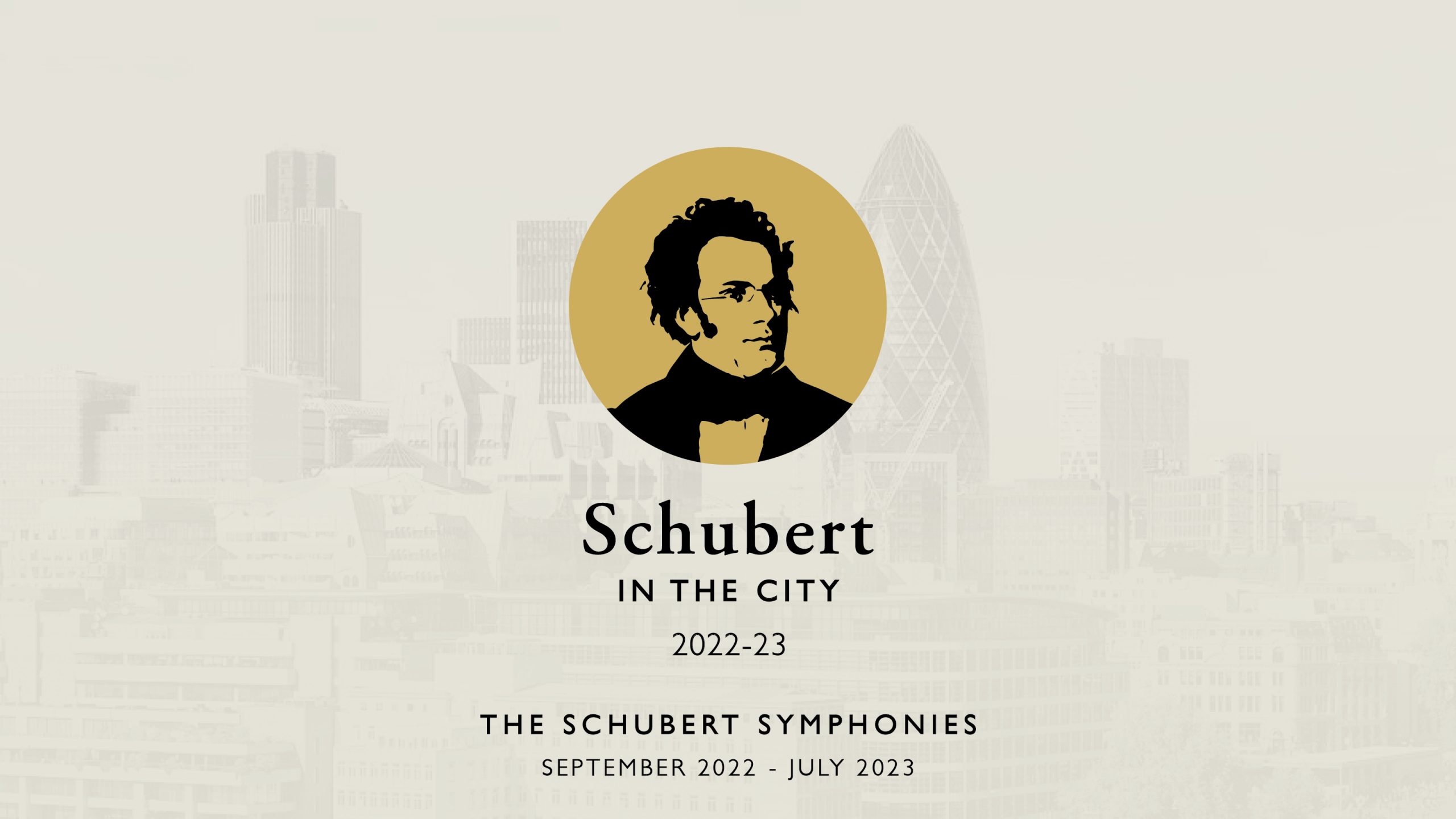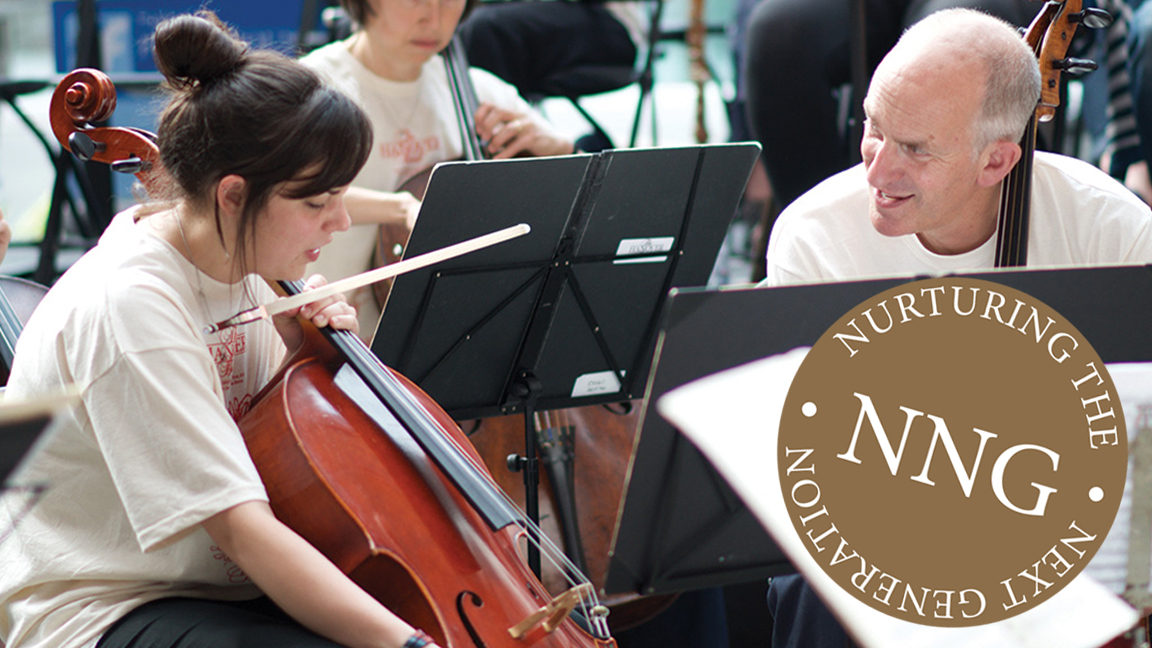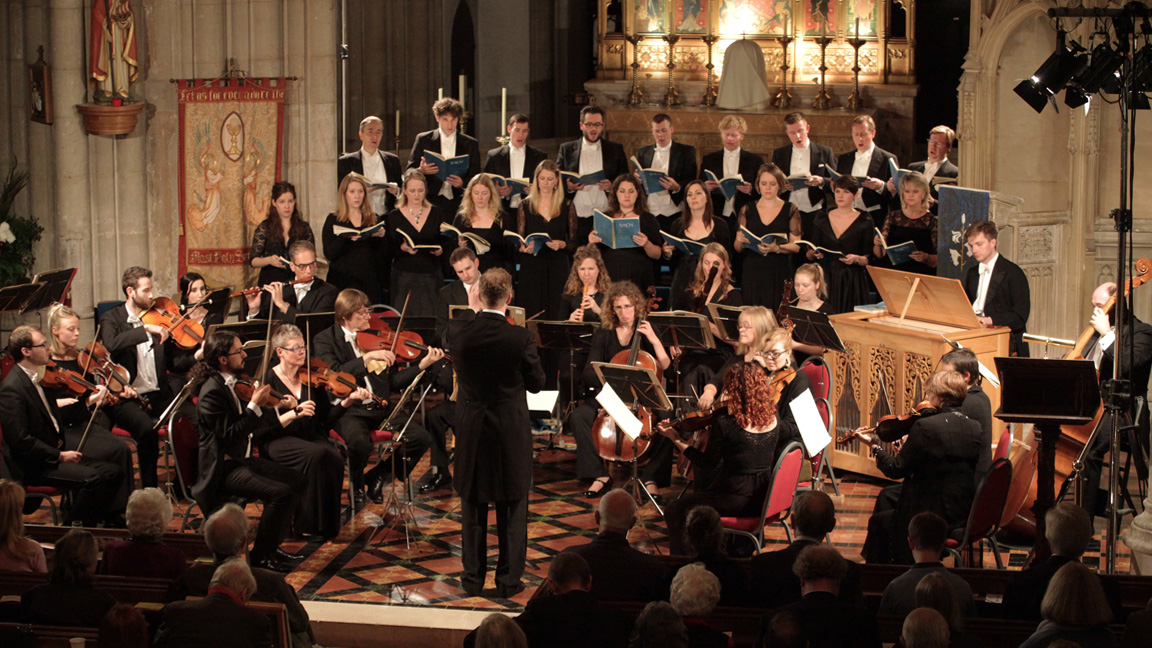
JS Bach | Christmas Oratorio
Programme
JS BACH Christmas Oratorio
About This Concert
Bach’s seasonal masterpiece, set in the atmospheric setting of St Nicholas’ Church, Arundel.
“Unlike the Passion settings and the oratorios of Bach’s exact contemporary, Handel, the six parts of his Christmas Oratorio were performed on separate days. Bach wrote the six cantatas to celebrate the whole period of the Christmas festivities of 1734-35, starting with Part I on Christmas Day and ending with Part VI on Epiphany (6th January)”.
Tonight’s concert, directed by Andrew Arthur will include Philippa Hyde (soprano), Tim Morgan (counter-tenor), Bradley Smith (tenor: Evangelist and arias) and Edward Grint (bass) joining the Hanover Band Chorus.
Artists
Philippa Hyde soprano
Tim Morgan counter-tenor
Bradley Smith tenor: Evangelist and arias
Edward Grint bass
THE HANOVER BAND CHORUS
THE HANOVER BAND
Andrew Arthur director/organ
“Strings are gleaming and engaged, their woodwind sublime, their brass bright and flexible, their percussion alert….”
